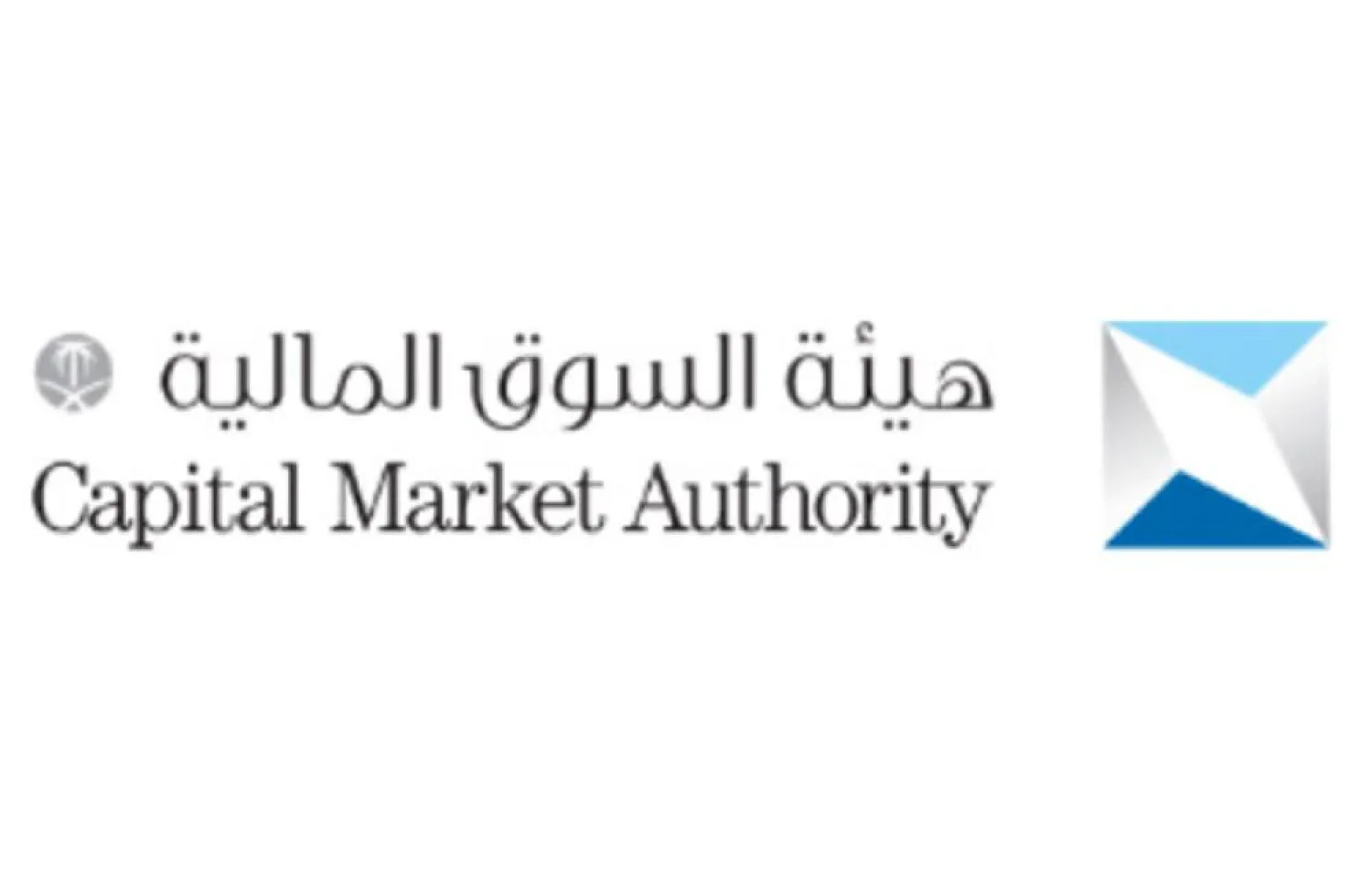Rising oil prices are expected to boost the levels of economic growth in Saudi Arabia during 2018 at a time when Brent crude began to hold above $62 per barrel, while US crude achieved Wednesday its best price ever in nearly 30 months, when it hit $58 per barrel.
This significant improvement in oil prices is expected to be reflected positively on the prices of petrochemical products. It will also positively affect the sales of cement companies and construction materials in addition to their positive impact on the profitability of other companies in various sectors in light of Saudi Arabia’s move towards setting a more expansive public budget for 2018.
These developments come at a time when successful economic reforms have become the cornerstone of improving the level of countries' credit ratings.
The credit rating of Saudi Arabia, according to international rating agencies, continued to improve during the past period despite the drop in oil prices, which confirms the positive economic reforms carried out by the Kingdom.
Early this month, Fitch Ratings affirmed Saudi Arabia’s long-term foreign-currency Issuer Default Rating (IDR) at 'A+' with a stable outlook while other international rating agencies also announced similar steps.
The high reliability of international rating agencies in Saudi economy reflects the confidence of these agencies in the economic reforms undertaken by the Kingdom in light of Vision 2030.
Meanwhile, Morgan Stanley President Colm Kelleher asserted that international investors consider Saudi Arabia an attractive market that provides a possibility to achieve growth, saying that this is represented in the strong performance of sovereign bonds issuance.
In his interview with Asharq Al-Awsat, Kelleher said that Saudi Vision 2030 provides a clear road-map towards achieving development and prosperity, adding that the kingdom has several promising sectors for foreign investors, especially that Morgan Stanley doesn’t focus on one sector only.
On the other hand, Saudi Arabian Capital Market Authority (CMA) issued a statement Wednesday stating that the CMA board has issued its resolution to approve the Class Action Suit Regulations and to amend the Resolution of Securities Disputes Proceedings Regulations accordingly.
Chairman of the Board of the CMA Mohammed bin Abdullah al-Quwaiz said that the Authority, through enabling and regulating the Class Action in securities disputes, aims at protecting investors and facilitating the procedures of litigation for the participants in the capital market, especially in cases where the plaintiff is a large group of persons who share the same legal bases, merits and the subject matter of the requests, which is appropriate to the nature of the listed companies and the size of their shareholders.









